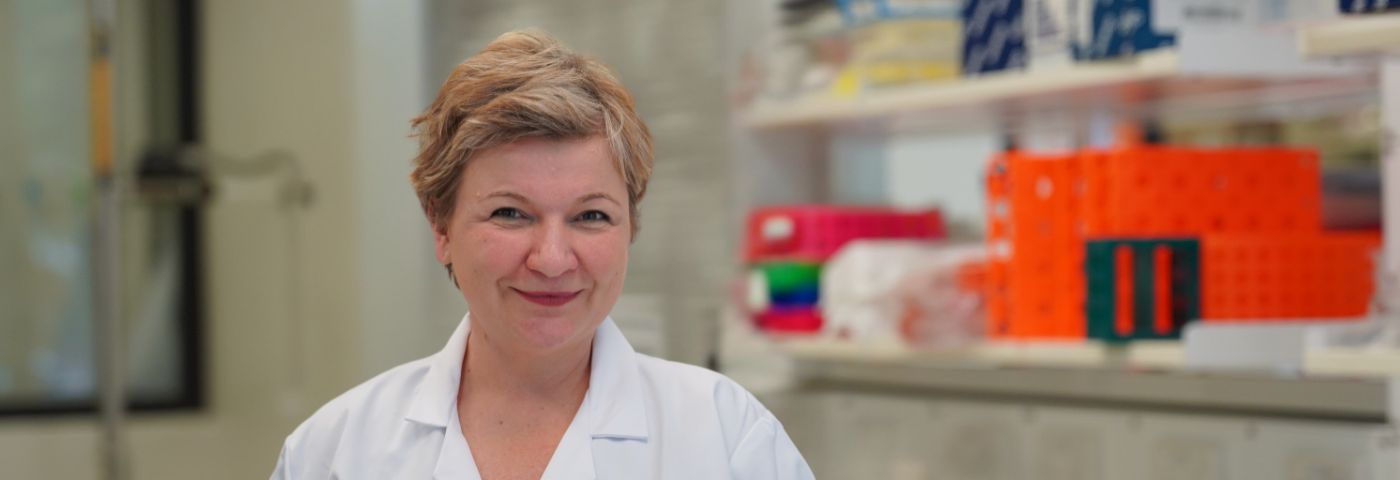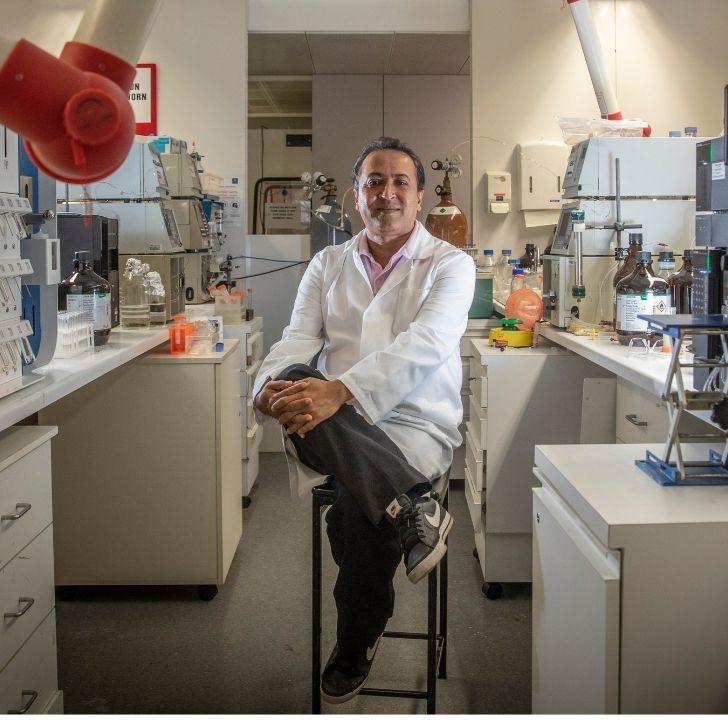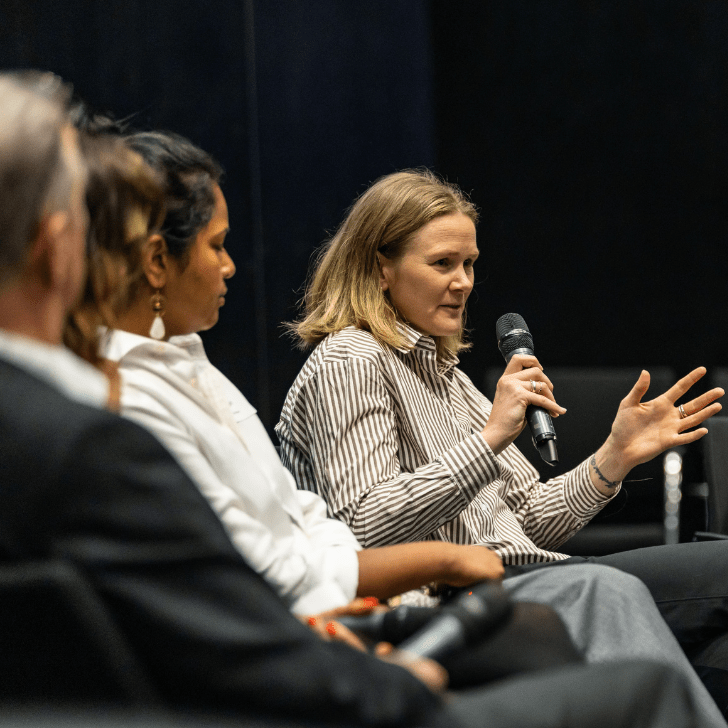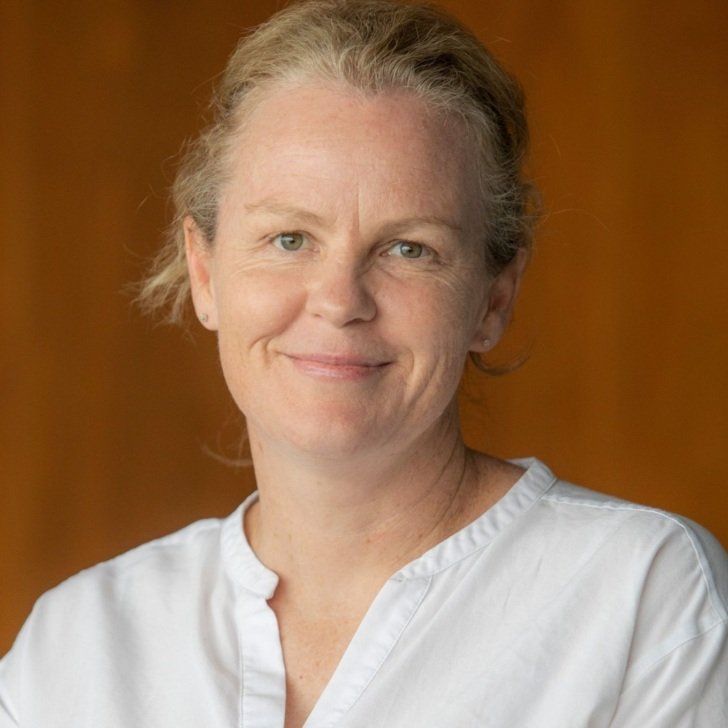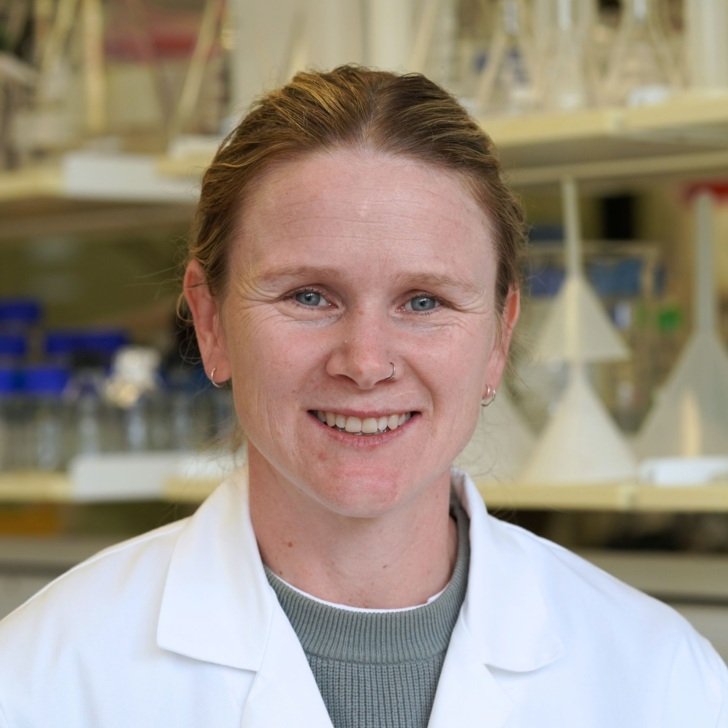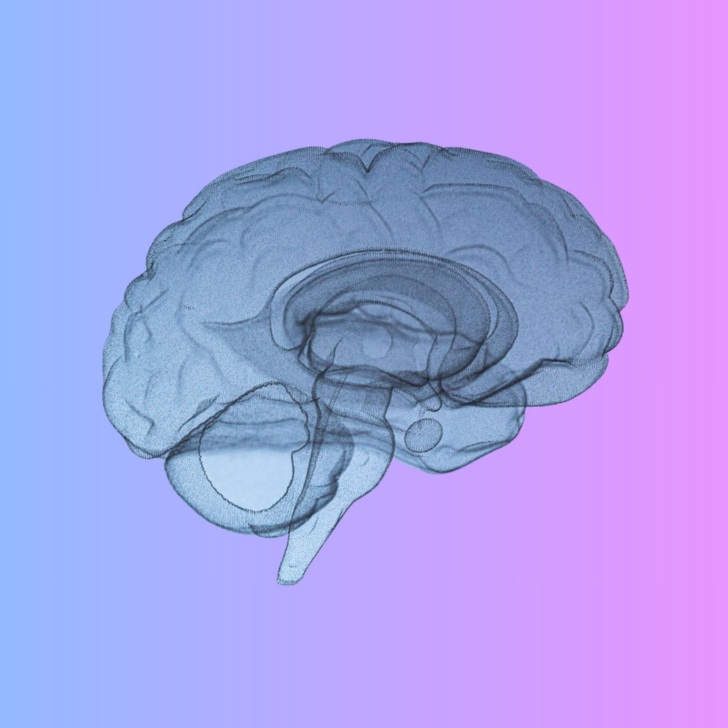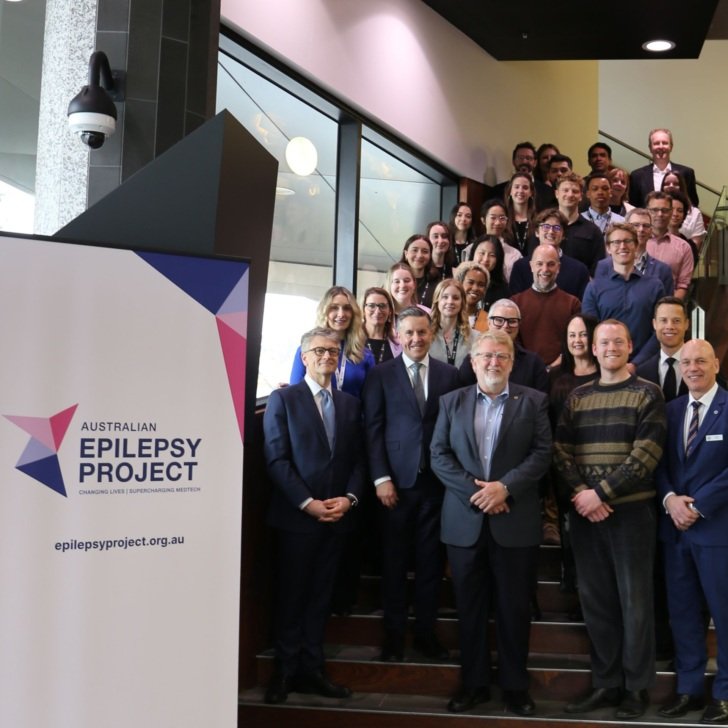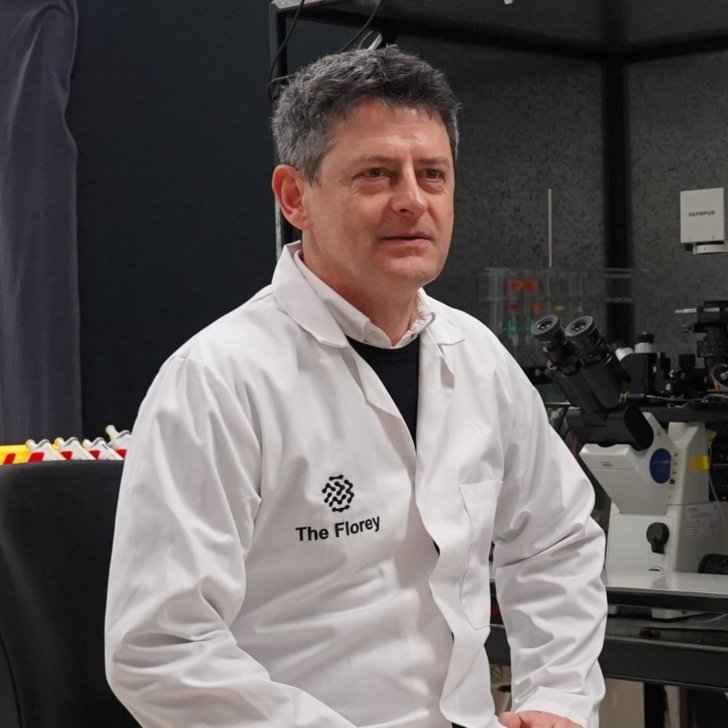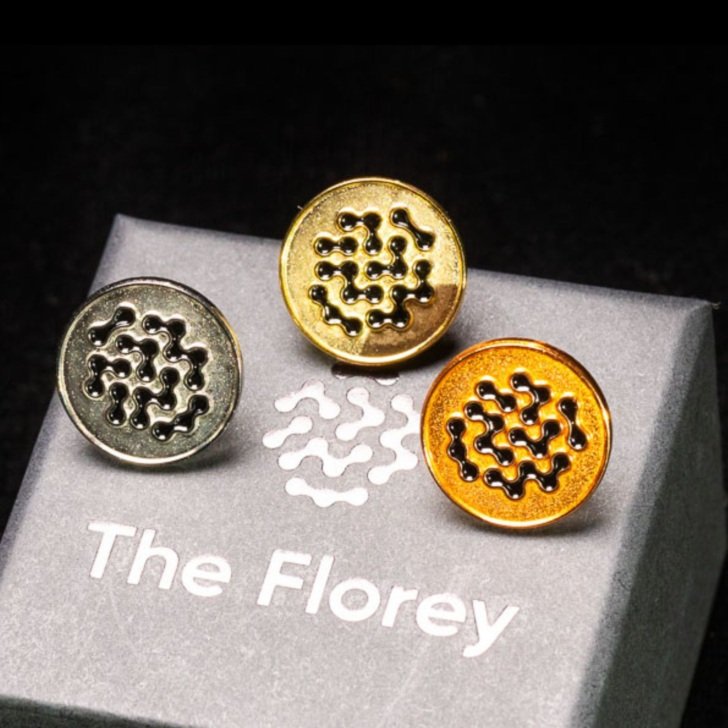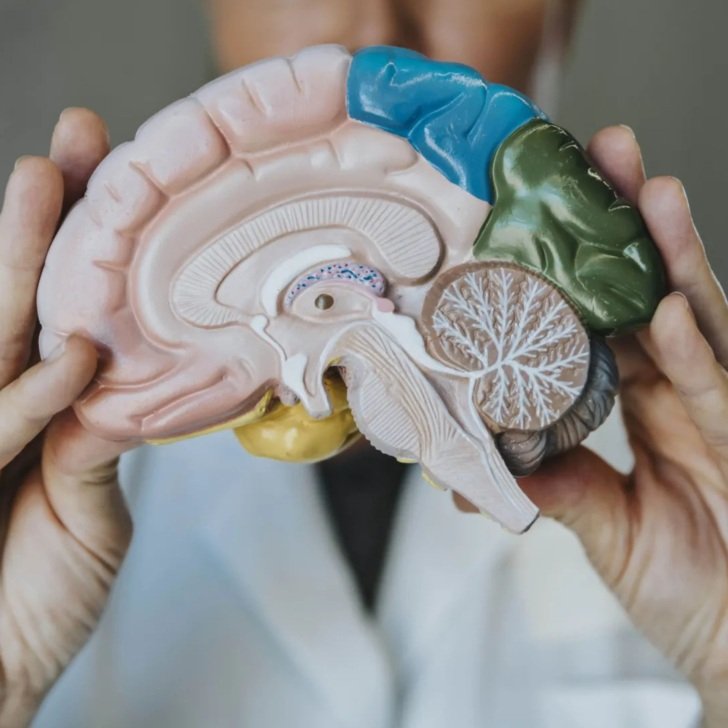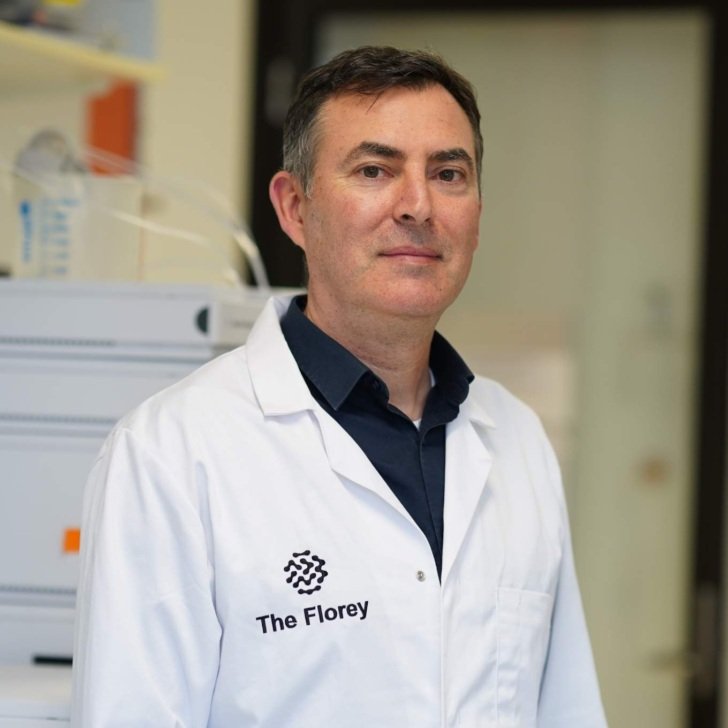- Associate Professor Snezana Maljevic has received an Ideas Grant from the National Health and Medical Research Council for research into development of new therapies for neurological conditions.
- Therapy antisense oligonucleotides is a promising technology that can be used to counteract the effects of genetic variation in a disease-causing gene.
Technology to improve the lives of people with genetic brain conditions
Florey researchers are leading work that aims to speed up the development of new therapies for different neurological conditions that have devastating complications, or lack currently proper and effective treatments.
The therapy antisense oligonucleotides (ASOs) can target any gene of interest, enabling the selective modulation of gene expression with high specificity and efficiency.
This technology has shown great promise for the treatment of a range of diseases, with several ASOs for the treatment of diseases such as spinal muscular atrophy and Duchenne muscular dystrophy already approved for use in patients.
With an Ideas Grant of $1,663, 586 from the National Health and Medical Research Council (NHMRC), The Florey’s Associate Professor Snezana Maljevic will focus on improvement of preclinical models by using human pluripotent stem cell derived models – cells that can become other cells – and assessing how reliably they predict the efficacy of ASOs compared to current models.
This will enable assessment of the ASO effect on human brain cells before the ASOs are applied in patients and can shorten the time needed for the preclinical development.
ASOs are short single-stranded chemically synthesised DNA molecules that can specifically bind to the ribonucleic acid (RNA) as that carries the information for the generation of the protein of interest.
By binding to the specific RNA molecules, ASOs can alter this information to counteract the effects of genetic variation in this gene that is causing the disease.
The preclinical development of ASOs involves several stages of evaluation to assess their safety and efficacy before they can be tested in humans.
“The outcomes of this project will use patient-specific models to advance and shorten the preclinical development of ASO therapies,” Associate Professor Maljevic said.
We are confident that through this funding, we will be able to deliver humanised models that can lead to faster, safer and more efficacious ASO therapies, improving the lives of people with genetic brain conditions.
